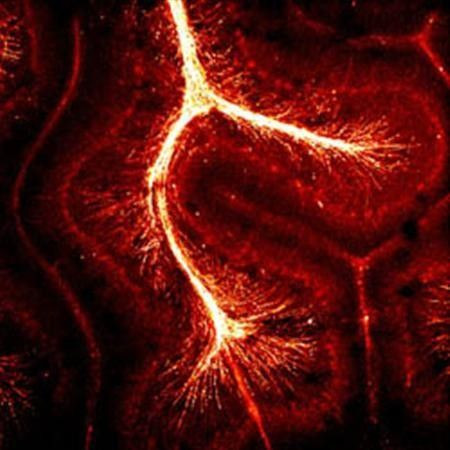Experts Recommend a New Discipline Combining Neuroscience and Psychology
The Advancements Made in Both Disciplines can Benefit Mental Disorder Patients

An article published in the journal Nature looked into psychological therapy that causes brain changes within patients of mental disorders. Though neuroscience and clinical science are different and there is a "culture gap" between the two, the essay suggests that the two disciplines must be combined and explored together for the best results.
Michelle Craske, Professor of Psychology at the University of California, said that they are unaware of how patients of mental disorder find relief after talking to a psychological therapist. He and his colleagues said that a fact finding was necessary.
Worldwide, there are one in four mental health disorder cases, including depression, schizophrenia, post-traumatic stress disorder, obsessive-compulsive disorder and eating disorders. According to a study by Craske, Cambridge University Professor Emily Holmes and MIT Professor Ann Graybiel, "Psychological treatments hold the strongest evidence base for addressing many such conditions but they need improvement."
Psychological treatments are seen to be effective in most case, but in some conditions such as bipolar disorder, psychological treatments are seen to be ineffective or are in their infancy. The life report also threw light on the "culture gap" between neuroscientists and clinical scientists that has hindered the progress of mental health treatments. The authors of the report state that scientists from both disciplines must work together to advance the understanding and treatment of psychological disorders.
"Neuroscientists and clinical scientists meet infrequently, rarely work together, read different journals, and know relatively little of each other's needs and discoveries," wrote Craske, a faculty member in the UCLA College, and her colleagues. This is the main reason that the developments in the field of neuroscience, which includes understanding emotions and behaviour, have not benefited psychological treatments.
The authors highlight the strong need for a close of the long existent cultural gap for the benefit of the growth of medical science. They suggest analysing and familiarising with the existing mechanisms of psychological treatments. The science has made advancement in the treatment of phobias and anxiety disorders by developing a very effective behavioural technique called exposure therapy; The study says that through this, patients learn that their fear is in perception and is not as harmful as they think, and their fears can be overcome by the repeated presence of the object of their fear.
The paper also states that neuroscience is providing "unprecedented" insights that can relieve dysfunctional behaviour. This can be studied by practitioners and those insights could be used to create new and improved psychological treatments.
The authors propose towards the end a marriage of the two disciplines for the creation of a new umbrella discipline they call "mental health science." They suggest that the scientists from both fields must work together to make it happen
"There is enormous promise. Psychological treatments are a lifeline to so many -- and could be to so many more," the report concludes.





















